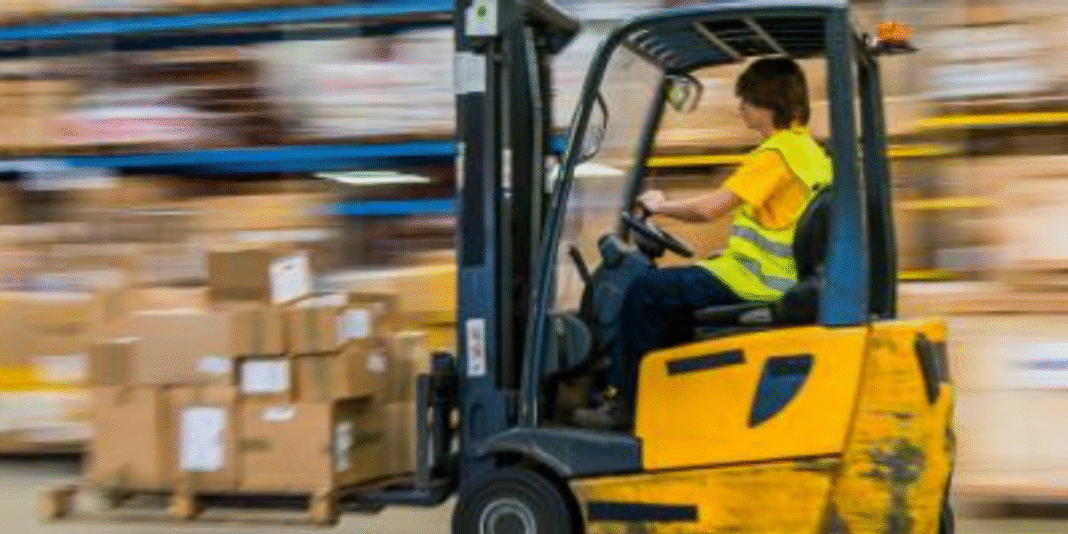The state of California says it will not enforce a proposed ban on propane-powered forklifts since it has not yet gotten a necessary approval from the U.S. Environmental Protection Agency (EPA) and is unlikely to gain that allowance under the Trump Administration.
The move marks a win for industry trade group the Western Propane Gas Association (WPGA), which had sued the state in 2024 to block the California Air Resources Board (CARB)’s Zero Emission Forklift (ZEF) regulation. In a move intended to help California meet its air quality and climate goals, that rule would have required most fleets to phase in zero-emission forklifts between 2028 and 2038, and restricted the purchase of certain new forklifts with internal combustion engines beginning in 2026.
On Tuesday, the WPGA said it had agreed on settlement terms with CARB for that case in Fresno County Superior Court. Under a deal set to last “for the duration of the current federal administration,” CARB said it would not enforce the ZEF Regulation (including reporting requirements) against any privately-owned or operated fleets, or privately-owned or operated fleets working on public sites, before CARB receives federal authorization.
That marks a similar strategy to CARB’s decisions in January to abandon its campaigns to require truck fleets and railroad locomotives to use zero-emission vehicles in the state.
In addition to the new forklift conditions announced this week, WPGA and CARB have also agreed to continue working together on any future forklift rulemakings to protect consumers and stakeholders who would be affected by the ZEF rule, WPGA said. That includes CARB naming a Deputy Executive Officer to act as a liaison to forklift industry stakeholders, and the two groups working together on at least three public workshops for any future regulation that would consider reasonable alternatives and mitigation measures, as well as the potential for adverse economic impact or imposition of unnecessary or unreasonable regulations on businesses and individuals manufacturing, selling, leasing, operating, or fueling impacted forklifts.
“I want to thank CARB for their willingness to come to the table and find an equitable solution that would work for all parties,” Colin Sueyres, President & CEO of WPGA, said in a release. “WPGA and its coalition partners recognized early on that implementing this rule would prove costly at best, or completely infeasible at worst. By publicly declaring that the rule cannot be enforced and giving private businesses across California and the globe certainty, we can all work together to find workable solutions to improve our climate and air quality. I look forward to continuing our industry’s important dialog with CARB staff and its leadership.”


